Coriander is a herb that is used mostly in Indian, Mediterranean and Middle and Far Eastern cuisines. All parts of coriander are edible and the fresh leaves and dried seeds are used in cooking.
The taste of coriander leaves is very different from the seeds. The fresh leaves are used a lot as an ingredient in Asian and Mexican sauces and vegetable purees. In Mexican and Latin American cuisine cilantro is most often used in making guacamole. Fresh leaves are also used as a decoration for various dishes, but they should not undergo heat treatment, because they will lose their strong aroma.
The homeland of this herb is the Mediterranean and Southwestern Europe. Coriander is believed to have been used as far back as about 5000 BC and has been proven to have been used by people in Ancient Egypt. It is even mentioned in the Bible.
However, many people do not know that coriander has extraordinary benefits for our health. It contains eleven essential oils, six types of acids, vitamins and minerals. Coriander helps soothe inflamed skin. The essential oils and linoleic acid found in it have anti-rheumatic and anti-arthritic properties. Essential oils help reduce swelling in arthritis and rheumatism.
Coriander helps to treat skin diseases. It has disinfecting, detoxifying, antiseptic, antifungal and antioxidant properties. This helps in the better appearance of the skin. It also helps fight eczema, dryness and fungal infections.
Coriander contains acids that help lower cholesterol levels. The acids contained in the herb help increase the levels of good cholesterol.

Coriander can treat diarrhea. Essential oils such as borneol and linalool help better digestion, the normal and proper functioning of the liver and thus help reduce diarrhea.
Coriander is also gaining popularity for preventing nausea, vomiting and upset stomach. When you have high blood pressure it is advisable to take coriander because it lowers it.
Coriander helps with ulcers and sores in the mouth. Coriander is also useful for people who have anemia, because it contains a large amount of iron. Studies show that coriander also helps with allergies, because it has antihistamine properties that significantly reduce the effects of seasonal allergies and hay fever.
As we know, salmonella is one of the most dangerous foodborne pathogens. But coriander comes to the rescue again. It has very high levels of dodecane, which is a natural compound that is much stronger than an antibiotic and is one of the most powerful salmonella fighters.
Coriander is a rich source of calcium and therefore helps a lot in keeping bones healthy.
After all the benefits that we have listed, which are only a small part of all the beneficial effects of the herb on human health, let's talk about how to make coriander tea and what it is good for.
Very often people confuse coriander with parsley, because its leaves are flat. Coriander tea helps for better digestion and removes toxins from the body. In most cases, coriander has a fresh, often citrusy flavor, which means it's perfect for making tea.
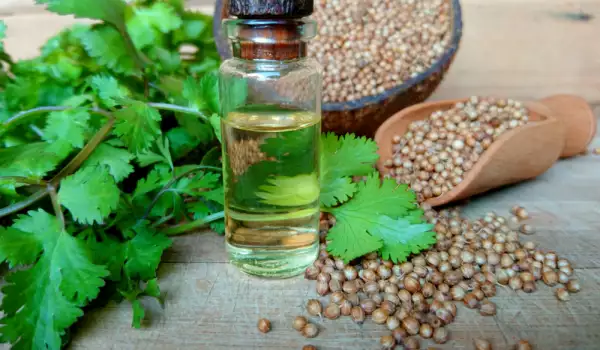
For this you will need coarsely chopped fresh or dried coriander, a tea infuser, teapot, boiling water, a teacup and sugar or honey. Put the coriander in a teapot or cup, depending on how much tea you want. Pour boiling water over it and let it sit for 10 minutes. This way, the taste and nutritional qualities in the water are released.
If healthy coriander tea is not sweet enough for you, you can add honey or sugar of your choice. All the benefits and useful properties of coriander can be obtained by drinking a cup of tea from the herb every day.
Also check out these healthy coriander recipes. Let us help you all the way, by explaining how coriander oil helps for digestion.
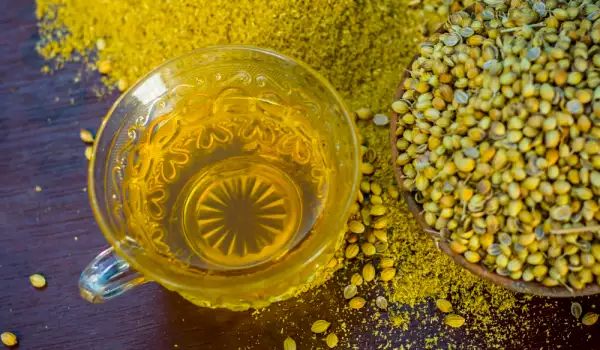



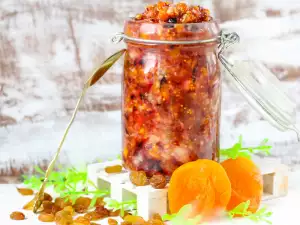
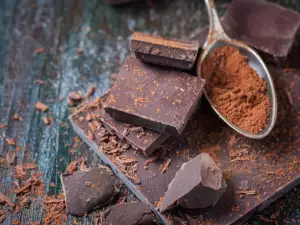
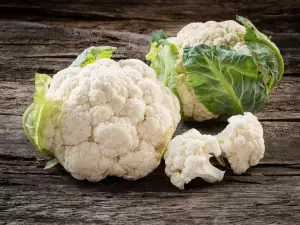
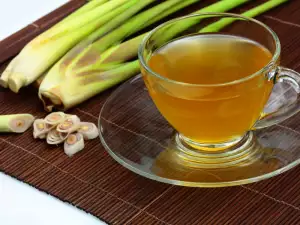
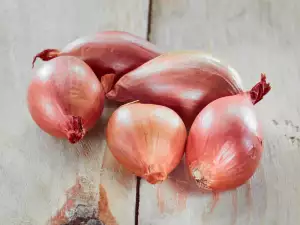
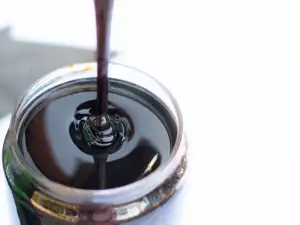
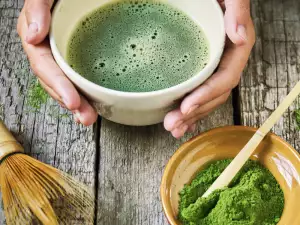
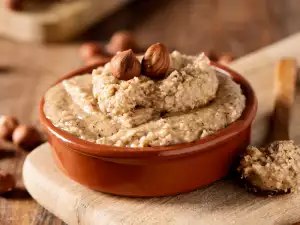
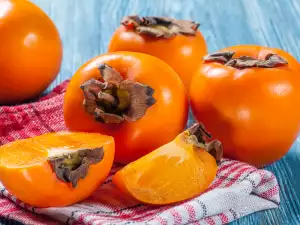

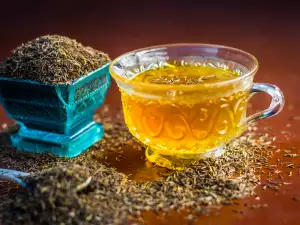
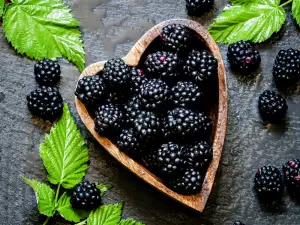




Comments